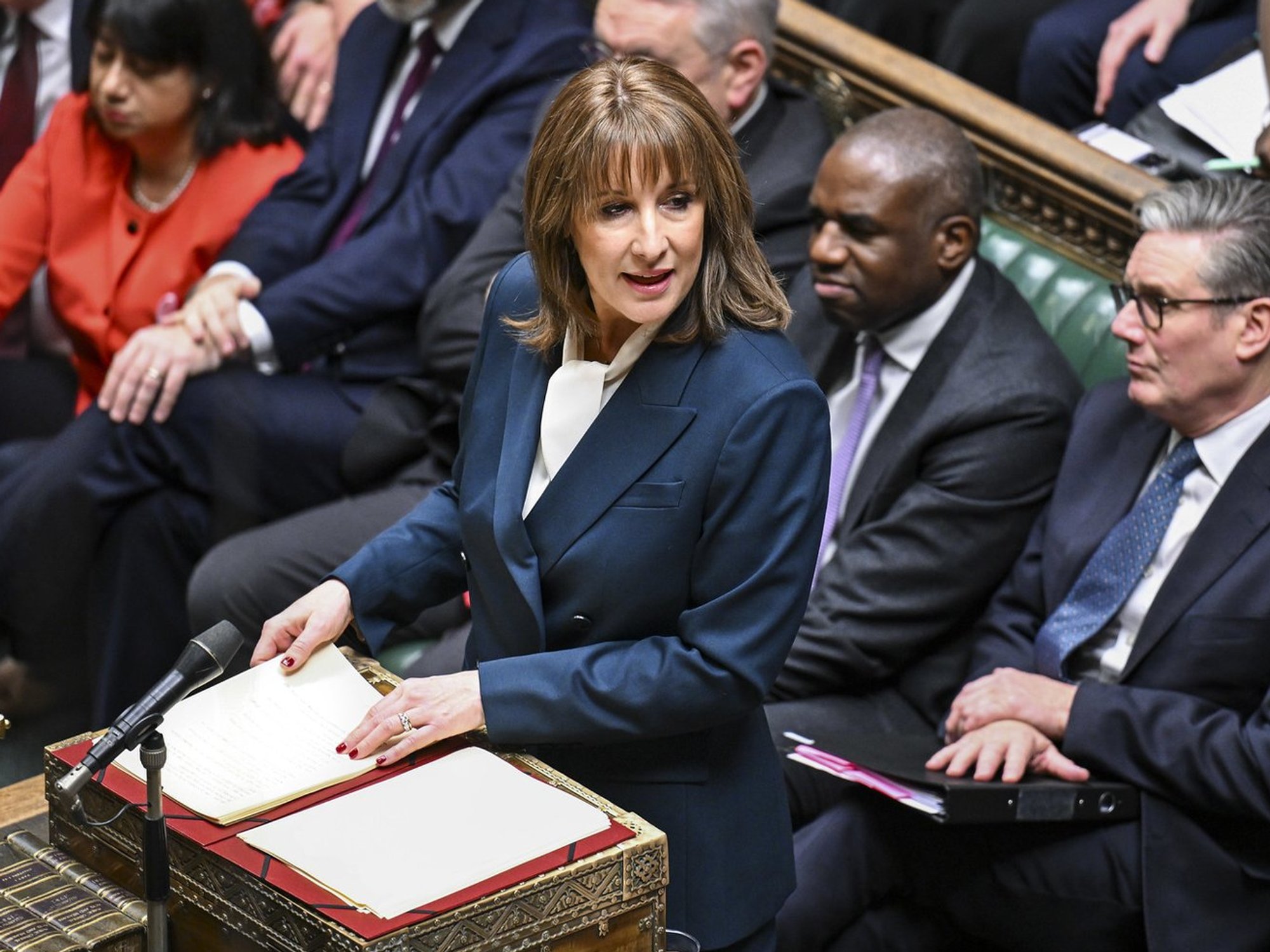What Britain needs is not national ID cards but a competent Government capable of securing our borders, says Jacob Rees-Mogg

WATCH: Jacob Rees-Mogg slams Keir Starmer’s push for digital ID cards, calling it a betrayal of British liberty
|GB NEWS

'Punishing citizens for governmental failure is no solution'
Don't Miss
Most Read
Trending on GB News
As Pitt the Younger warned more than two centuries ago: "Necessity is the plea for every infringement of human freedom.
"It is the argument of tyrants: Is it the creed of slaves."
The Reverend Starmer is back teasing the introduction of digital ID cards in the latest lukewarm bid to tackle illegal migration.
The Prime Minister did not confirm whether IDs would be compulsory, but said the government is considering the technology, and the Chancellor of the Duchy of Lancaster Pat McFadden recently said that Britain is "behind the curve" and should adopt digital IDs.

Jacob Rees-Mogg slams Keir Starmer’s push for digital ID cards, calling it a betrayal of British liberty
|GB NEWS
No10 has previously dismissed the idea despite pressure from figures like Tony Blair, but as is commonplace in this Government, the stance seems to be changing.
However, ID cards have long been a solution in search of a problem.
They are certainly not a novel idea either - they were used during the war, and were subsequently proposed by Lord Blunkett in 2002, but dropped on civil liberties grounds by the Conservative led coalition government.
Illegal migrants already work for employers who knowingly bypass ID checks and pay below the minimum wage, exploiting people because they have no legal recourse.
The landlords who house them often ignore existing rules. Adding another layer of bureaucracy in the form of ID cards will do nothing to change that behaviour.
Instead, it will just make life more difficult for ordinary, law-abiding citizens.
The Prime Minister has said such ID cards may not be compulsory at all, rendering the initiative even more futile.
Civil liberties advocates warn that such a system would fundamentally alter the relationship between the individual and the state.
In Britain’s common law tradition, citizens are free to do whatever is not expressly forbidden.
ID cards were abandoned after world war II, following Clarence Wilcock's challenge to the police’s right to keep on demanding them when the wartime necessity had ended. Although his conviction for failing to produce an ID card stood, the popular anger that followed it led to a change in the system and the abolition of ID cards.
Unlike many continental countries, people here are under no obligation to carry identification or prove their status to officials on demand. The King is under the law, whereas on the continent the state is the law.
To oblige every citizen to register with the state and carry proof of identity would be a fundamental change in the relationship between the citizen and the state.
More practically, it is fanciful to think that illegal migrants, who have already paid thousands to people-smugglers, overstayed visas, and broken multiple laws, would suddenly comply with ID requirements.
Previous attempts to restrict access to work and services through the "hostile environment" policy led directly to the Windrush scandal.
Repackaging the same idea with digital gloss is unlikely to be any more effective and risks repeating the same injustices.
What is really needed is not a national ID card but a competent Government capable of securing Britain’s borders and enforcing the laws already in place.
Punishing citizens for governmental failure is no solution.
More From GB News










